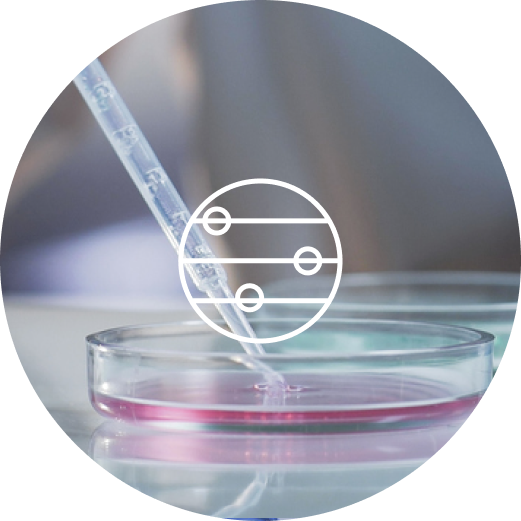What are the principles of early drug discovery?
Drug discovery is a long process that flows from target validation to clinical development, passing through the hit-to-lead stage. The early stages of drug development usually involve screening for active compounds.
Principles of early drug discovery include:
1. Target identification and validation
This step involves identifying a target function and its role in the disease. This step also involves learning how the drug can provide a therapeutic benefit that is at an acceptable safety level.
2. Hit discovery process
A drug discovery hit is a compound with promising activity against the target. This step requires confirming findings with additional testing.
3. Assay development
This step involves the creation of test systems used to evaluate the effects of the chemical compounds in an organism or organic sample.
What screening strategies are used in drug discovery?
An essential part of the drug discovery process, screening involves testing compounds to develop as drugs. The combination of screening strategies depends on the goal of the drug discovery and the resources available.
Different types of screening strategies include:
High-throughput screening – High-throughput screening uses automatic equipment to rapidly test large numbers of compounds against a specific target to help identify compounds with the potential to bind to the target to modulate the pathway in a desirable way.
Virtual screening – Virtual screening uses computer modeling to predict the affinity of compounds for binding to a specific target. This screening helps to identify compounds that are likely active with the target of interest, narrowing potential combinations to the most promising candidates.
Phenotypic screening – Phenotypic screening tests compounds for their ability to produce a specific phenotype of a cell or organism, helping to identify compounds with the potential to modulate specific targets.
Target-based screening – Target-based screening involves testing compounds for their ability to modulate a specific target. Target-based screening can be achieved by using several types of biological assays.
Natural product screening – Natural product screening tests naturally occur in products for their potential activity against a specific target or pathway. Natural product screening can be used to identify compounds with the potential for development into new drugs.



